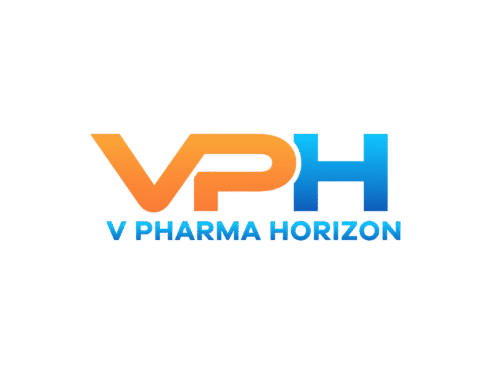Pharmaceutical Brand Building in the Age of Distrust
In an era marked by skepticism toward large institutions and increasing demands for transparency, pharmaceutical companies face unprecedented challenges in building and maintaining public trust. The COVID-19 pandemic amplified public scrutiny, and events like pricing

In an era marked by skepticism toward large institutions and increasing demands for transparency, pharmaceutical companies face unprecedented challenges in building and maintaining public trust. The COVID-19 pandemic amplified public scrutiny, and events like pricing controversies, misinformation campaigns, and inconsistent regulatory messaging have further fueled global cynicism. In this environment, pharmaceutical brand building must transcend traditional marketing and embrace a more human-centered, ethically grounded, and digitally agile approach.
The Trust Deficit in Pharma
Public trust in pharmaceutical companies has historically fluctuated, but in recent years, it has faced sustained erosion. Factors contributing to this include:
- Perceived prioritization of profit over patients, particularly in drug pricing.
- Opaque clinical trial processes and concerns about data manipulation or selective disclosure.
- Aggressive marketing practices, especially in the opioid crisis fallout.
- Misinformation and social media influence, which often outpace corporate responses.
Rebuilding brand credibility requires pharmaceutical companies to fundamentally reimagine how they engage with patients, providers, and the broader public.
Humanizing the Brand
Modern pharmaceutical branding must put the human at the center:
- Patient storytelling: Sharing authentic, unscripted patient journeys—not as testimonials, but as narratives—helps ground the brand in real-world impact.
- Physician and scientist visibility: Allowing R&D professionals to communicate directly through blogs, videos, and social media fosters transparency and demystifies the science.
- Empathetic tone and design: Branding, including visual identity and messaging, should convey care, clarity, and accessibility—not just innovation and authority.
Radical Transparency as Strategy
Transparency is no longer optional—it’s a competitive advantage. Leading pharmaceutical companies are adopting open practices such as:
- Publishing full clinical trial data in publicly accessible formats.
- Detailing pricing structures and rationales for high-cost therapies.
- Actively engaging on controversial topics, such as vaccine safety or rare side effects, with science-backed and empathetic communication.
These strategies help neutralize misinformation and demonstrate accountability.
Digital Engagement and Brand Experience
In the digital age, a brand is experienced not just through products, but across every digital touchpoint:
- Interactive platforms for patient education and treatment tracking reinforce ongoing value beyond the pill.
- Social listening and engagement allow companies to respond in real time to concerns and correct narratives.
- AI-driven personalization tailors messaging and resources to different patient profiles, improving both relevance and trust.
Building Trust Through Purpose
Pharma brands must shift from positioning themselves as product providers to purpose-driven health partners. This involves:
- Community health initiatives, especially in underserved areas.
- Commitments to equity in clinical trials, ensuring diverse populations are represented.
- Sustainability efforts in manufacturing and packaging, aligning with global health beyond medicine.
By aligning brand identity with broader societal values, pharmaceutical companies can create emotional resonance and loyalty.
The Role of Third-Party Validation
In the age of distrust, who delivers the message matters. Collaborations with:
- Academic institutions
- Patient advocacy groups
- Independent scientific organizations
…can lend credibility and provide external validation of claims and practices.
Trust as a Long-Term Investment
In today’s climate, pharmaceutical brand building must evolve from persuasion to participation, from control to conversation, and from profit-driven narratives to purpose-led action. Trust is no longer a byproduct of reputation—it is the brand itself. The companies that embrace transparency, human connection, and genuine engagement will not only survive the age of distrust—they will define the next era of healthcare leadership.






